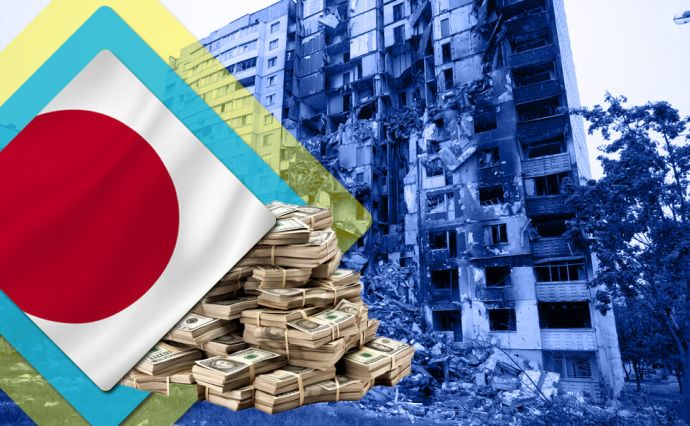The state budget of Ukraine has received about $950 million from Japan as part of World Bank projects for recovery and social protection, the website of the Ministry of Finance of Ukraine reports.
The funding consists of a $52.4 million grant from Japan under the Housing Opportunities for People’s Empowerment (HOPE) project and a $900 million loan from the Japanese government through the Investing in Social Protection for Inclusion, Resilience and Efficiency (INSPIRE) project.
It is noted that the funds will be used to reimburse the expenditures of the state budget of Ukraine for urgent and priority needs, in particular in the field of recovery and social assistance.
As a reminder, in November it was reported that Japan intended to provide Ukraine with €160 million to support economic recovery projects.
As The Gaze previously reported, Japanese Prime Minister Fumio Kishida announced $4.5 billion in aid to Ukraine during a virtual meeting of the Group of Seven countries.
In addition, in his speech, Kishida stressed that, despite the tensions in the Middle East, the G7 countries remain steadfast “in their position to lead the international community’s response to Russia’s invasion of Ukraine” and continue to impose “decisive” sanctions against Russia.
The Japanese Prime Minister also stressed that support for Ukraine’s recovery and reconstruction is important in the medium and long term. In particular, Japan plans to engage its private sector and launch a Japan-Ukraine economic reconstruction project in February 2024.
In November, a delegation from Japan arrived in Kyiv. It included representatives of Japanese business, as well as officials from the Ministry of Foreign Affairs and the Ministry of Industry. Japanese officials met with Prime Minister of Ukraine Denys Shmyhal and announced the allocation of €160 million to support projects to restore Ukraine’s economy.
On 1 December, the Japanese government launched a programme to support foreign nationals, including Ukrainians, who are fleeing conflict zones and seeking asylum abroad but do not meet Japanese criteria for refugee status. Such individuals can now apply for long-term resident status with a work visa.
Under the programme, they will also be able to attend free Japanese language classes and receive advice on living in the country. Evacuees from conflict zones will also be able to receive financial support.














